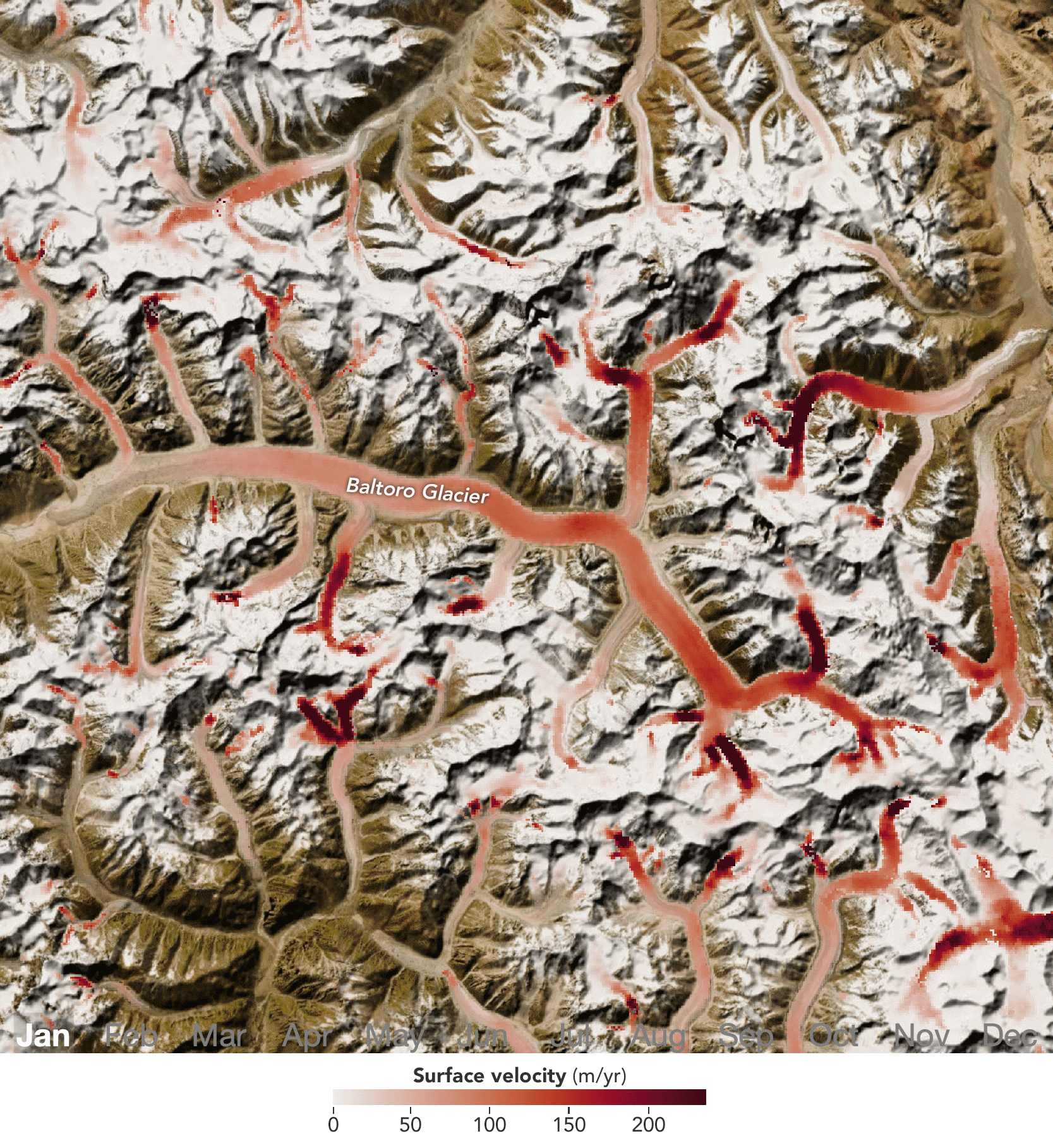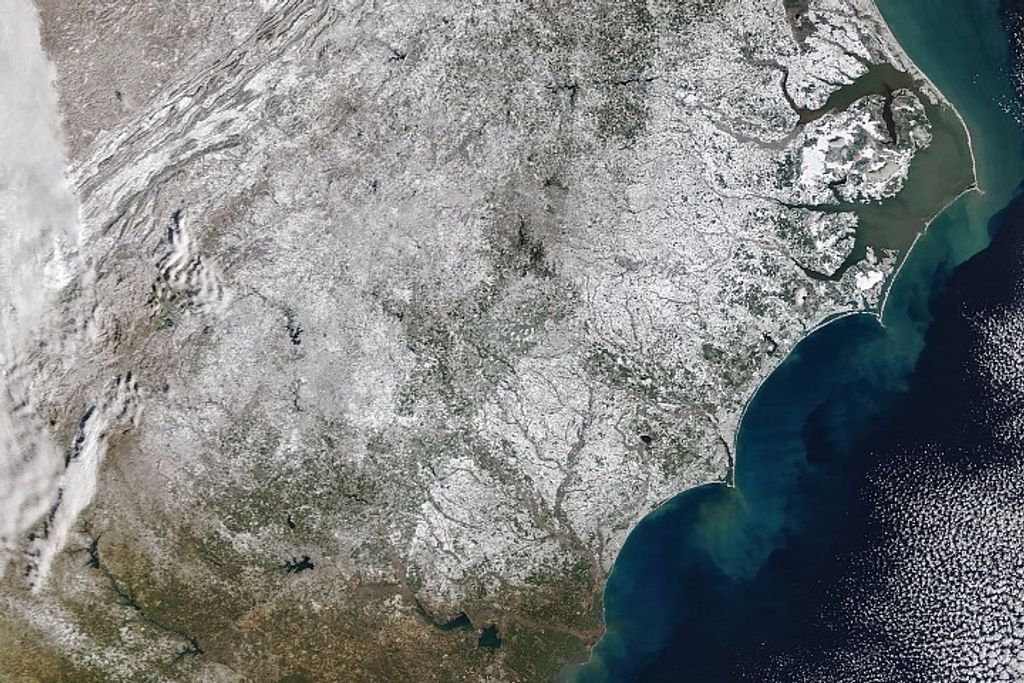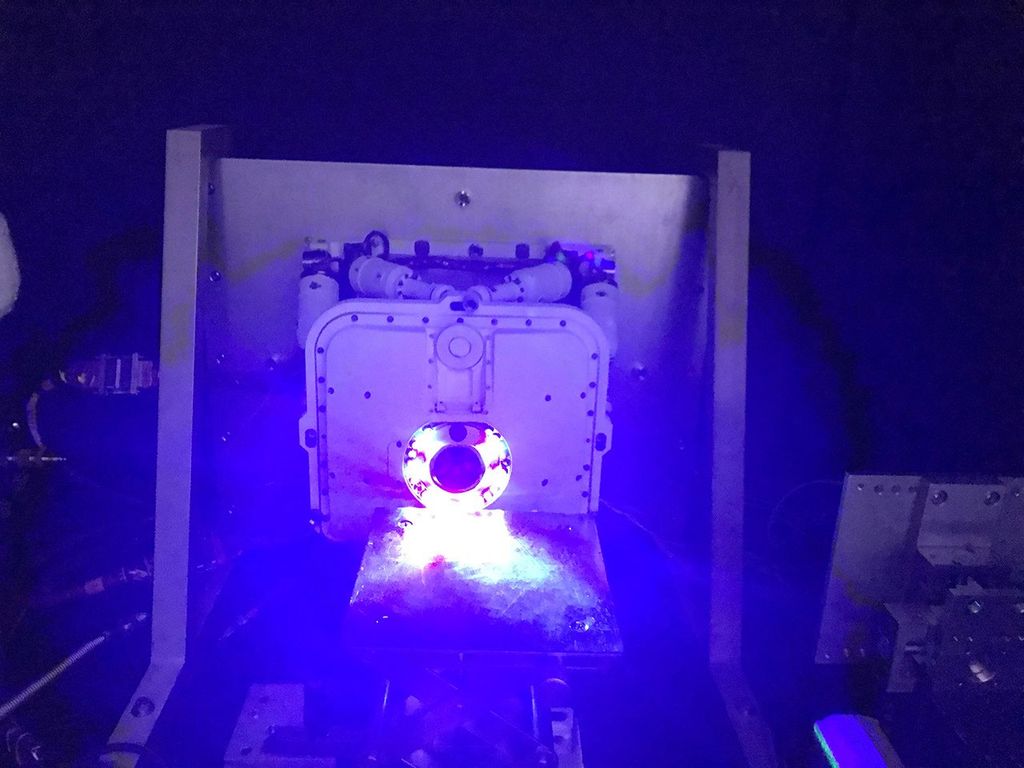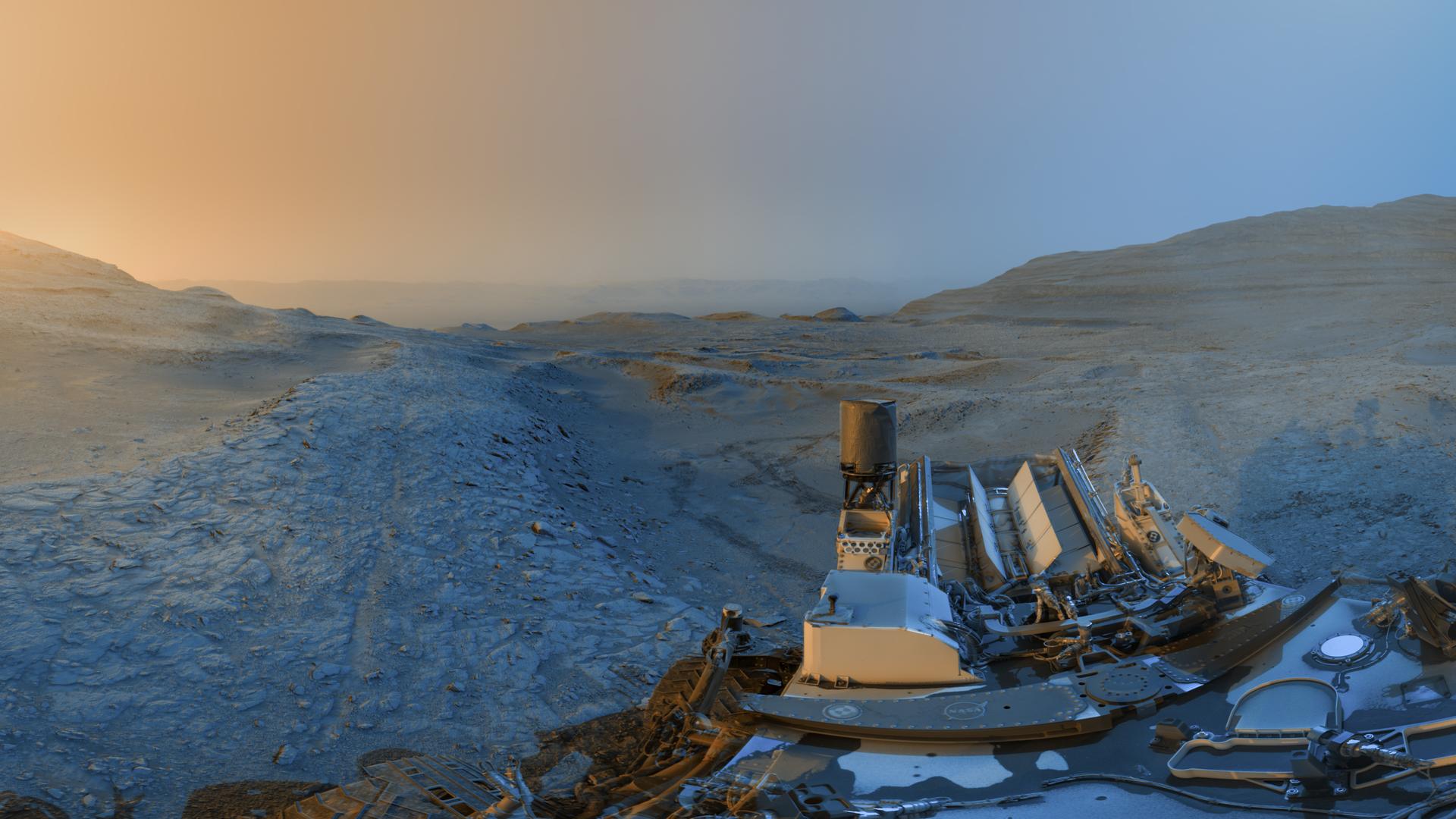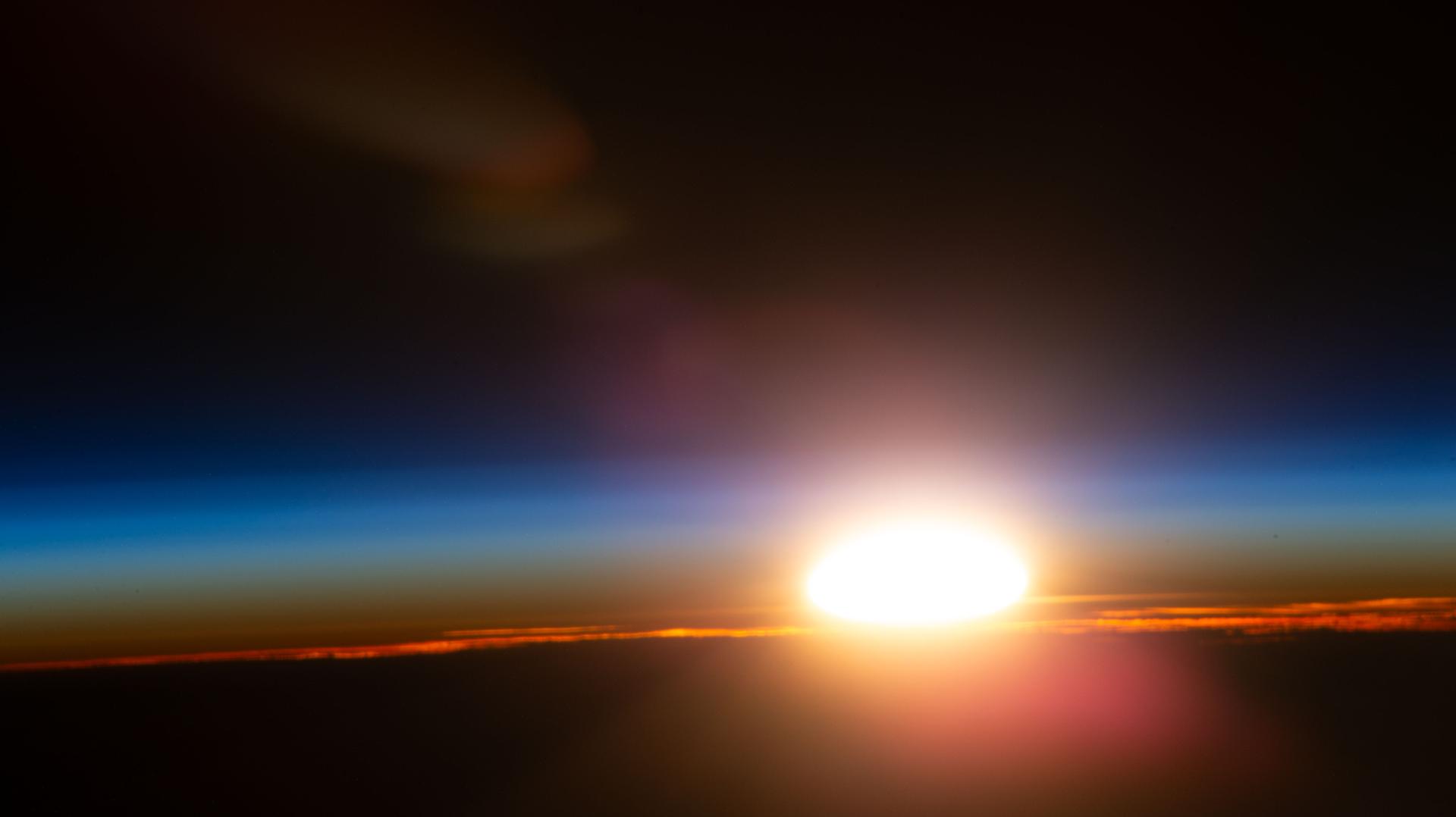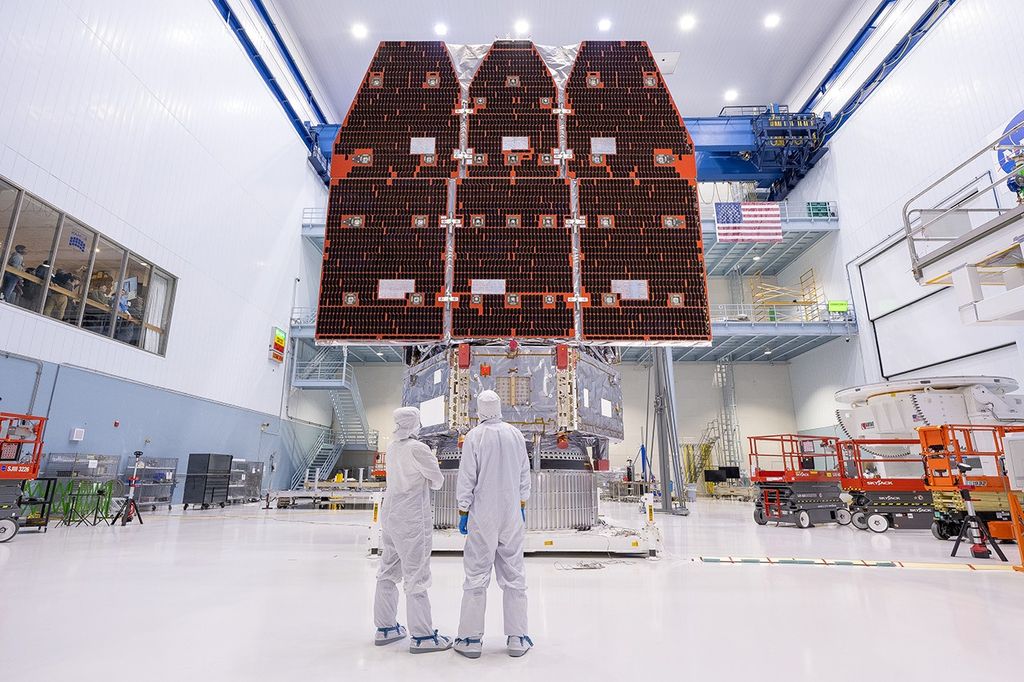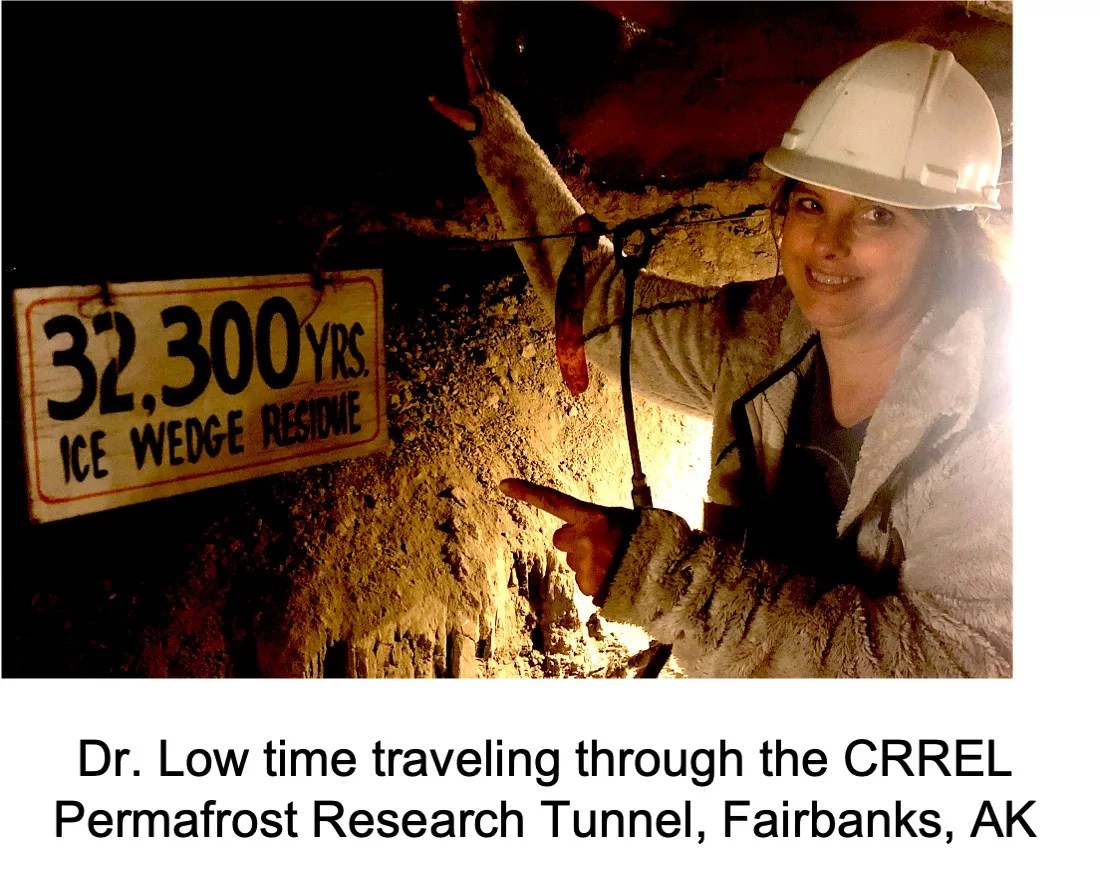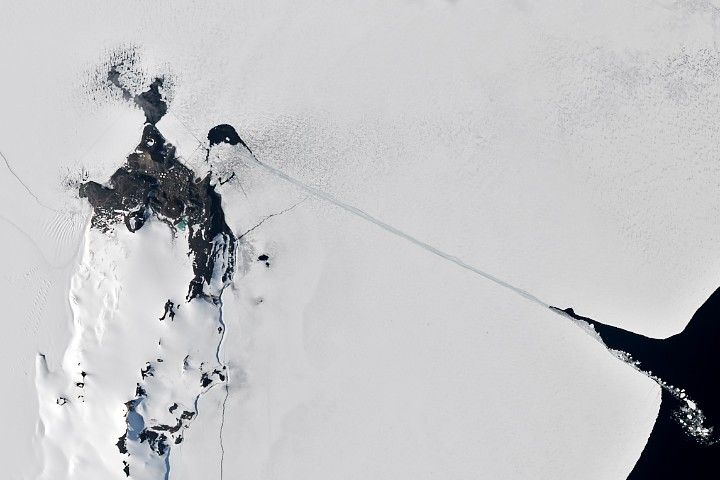Alaska 7th-Graders Meet a NASA Scientist
Does climate affect how a mosquito acts?
If a mosquito from one zone is moved to another, will the eggs adapt?
Would a mosquito from Puerto Rico last in Alaska?
Why didn’t mosquitoes go extinct with the dinosaurs?
On February 3rd, 2022, more than 50 students from Delta Junction, Alaska, had these and many more insightful questions to ask Dr. Russanne Low from the Institute for Global Environmental Strategies (IGES) and science lead for the GLOBE Observer Mosquito Habitat Mapper. These students' classes have been preparing for their upcoming fieldwork and research using The GLOBE Program’s GLOBE Observer app, and these virtual “Meet the Scientist” events, hosted by NASA Education Specialist, Bonnie Murray, help them do just that.
Dr. Low also shared about her childhood desire to be a time traveler and how she brought that dream to life at different stages of her career: by traveling back in time as an archaeologist and palaeo-ecologist, and now, traveling forward in time – by contributing to science that helps us understand our future climate. Listening to a NASA scientist talk informally about the joys, challenges, detours, and stops on her career pathway inspires these students to think about their identities as scientists as they create their own dreams for the future.
This activity was a collaboration between two NASA Science Activation Project teams (Arctic and Earth STEM Integrating GLOBE and NASA, SIGNs, and the NASA Earth Science Education Collaborative, NESEC) and the NASA MAIANSE program: Minority University Research and Education Project for American Indian and Alaska Native Science, Technology, Engineering and Math (STEM) Engagement.
“Does climate affect how a mosquito acts?”
“If a mosquito from one zone is moved to another, will the eggs adapt?”
“Would a mosquito from Puerto Rico last in Alaska?”
“Why didn’t mosquitoes go extinct with the dinosaurs?”
Learn more and watch webinar recordings at: https://arcticandearthsigns.alaska.edu/meet-the-scientist
(NASA Science Activation Award Number: NNX16AE28A)

